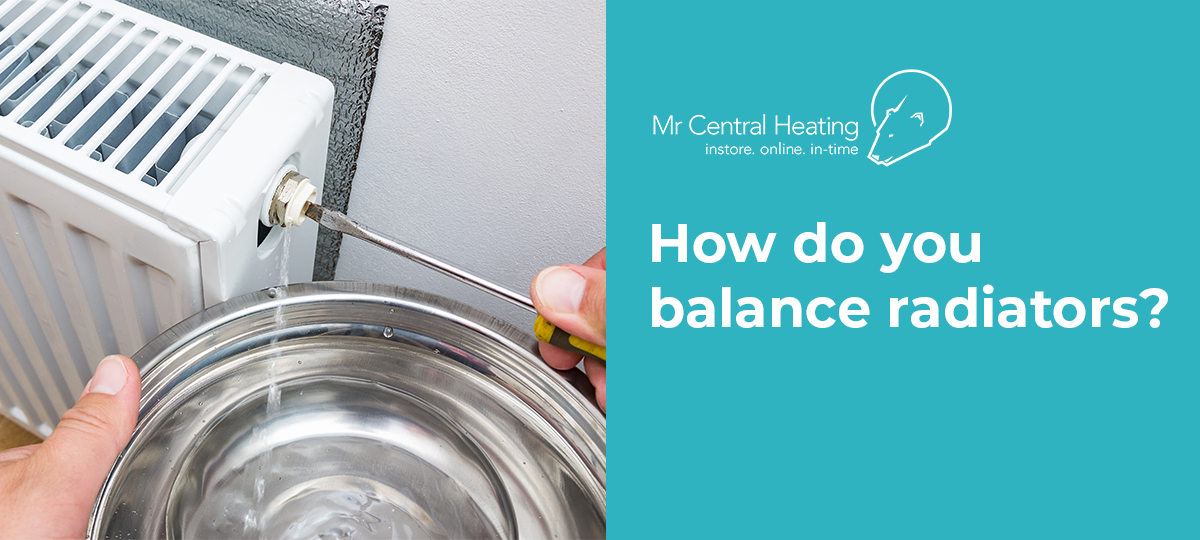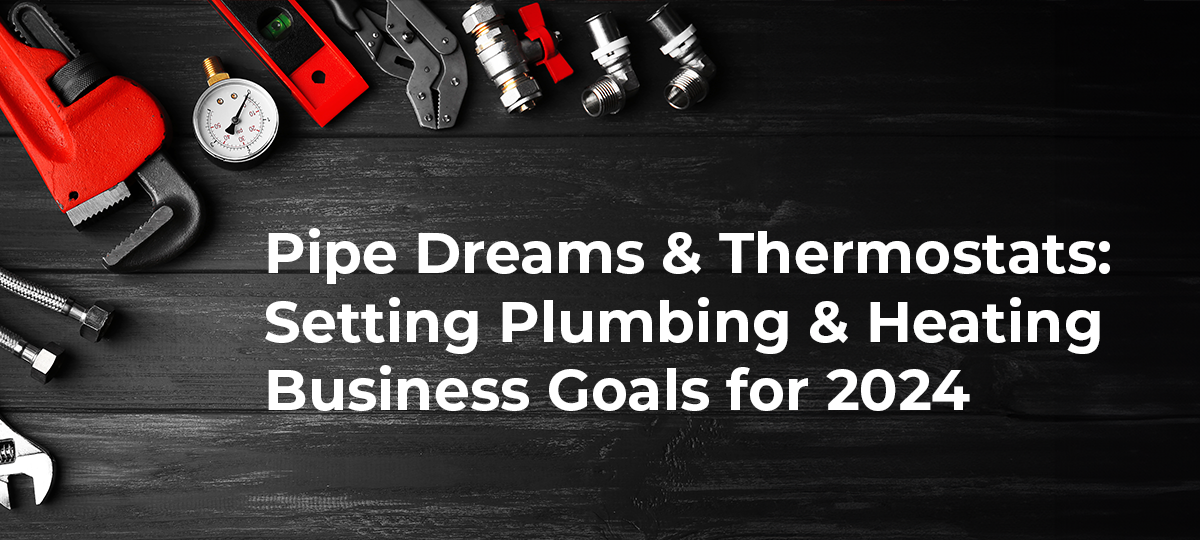How to Become a Gas Engineer
If you're looking for a well-paid, highly skilled, practical, and interesting job, then becoming a gas engineer may be the right career for you. Gas engineers can come from a wide variety of backgrounds; from individuals that are looking to start their first career, to those looking to switch jobs and experienced plumbers looking to add new skills to their repertoire.
Not everyone can be a gas engineer. You will need to have some good grades at school, or practical experience to become a gas engineer. If you do not like doing training courses or taking qualifications, then it might not be the career for you. This is because new entrants will need to qualify and pass training courses to become a gas safe registered engineer. Businesses that work with gas appliances in the UK need to be on the Gas Safe Register as a legal requirement. If you're still interested in finding out how to become a gas engineer, then this guide will take you through the basics.
Benefits of Becoming a Gas Engineer
For someone looking for a new career there are several benefits to becoming a qualified gas engineer in the United Kingdom.
Firstly, the salary. You will earn more than a standard plumber and since being a gas engineer is a highly skilled job you will find that the average salary is higher than many other trades and jobs. If you come from a plumbing background, you might find it quite an easy transition since you will have a lot of relevant skills that are suited to the job. In fact, many plumbers end up becoming gas engineers since there are so many transferable skills that apply to gas engineering as well as plumbing.
As it is for those who work as a plumber, a gas engineer is a great career option for those individuals who like to work for themselves. You can be your own boss and start your own central heating business. This can be great for those who like to earn a good salary, but also have the flexibility to choose their own working hours. If you've got good communication skills it might also be a job that suits, since you will invariably be dealing with lots of different people on a regular basis.
It should be noted that if you're working for yourself or run your own business then you will need to deal with all the qualifications, accreditation, and legal requirements yourself. These are a lot more complex and time consuming than those required to work as a plumber which is why some people do not bother to go down this route.
As a gas engineer you might work with the installation or servicing of central heating systems, water heaters or install domestic gas appliances like gas cookers. Gas installation also may involve dealing with pipework alterations and repairs. So, if you're handy with your hands it's a role that you might find enjoyable.
Gas engineering also suits those that like different challenges and varied work since every day will present itself with a different problem-solving opportunity. Often, you'll end up working in different locations and meeting new people, so it's a perfect role for those with great communication skills coupled with talent for hands-on practical work.
How to Qualify as a Gas Engineer
There are two ways individuals tend to enter the gas industry. Either as an apprentice for a company where the individual will gain work experience and practical skills alongside training on how to become a qualified gas engineer, or alternatively, a person can take an intensive training course and follow a managed learning programme to become qualified at a specialist training centre.
If you want to work with LPG boiler installations, you'll also need to be qualified as a gas engineer to do so. To become a gas engineer, you can go through two different gas training course routes, either via City & Guilds NVQ or the BPEC Domestic Gas Foundation course. Once qualified you can then take your ACS in Gas and apply for the Gas Safety Register.
You should be aware that courses and accreditation certificates in gas expire after a certain period of time, so you will need to keep your relevant qualifications up to date and get re-assessed once in a while as you don't want your qualifications to expire and laps.
ACS in Gas (Accredited Certification Scheme)
You can think of the ACS in Gas as a certificate of competence, which is required to become a member of the Gas Safe Register. Without both tick boxes checked you cannot legally work as a gas engineer. The ACS assessment is run by Accreditation Service (UKAS) in the UK. You will ultimately need to complete the ACS core gas safety assessment every five years. You should also be aware that you will need to take specific courses for domestic gas safety and commercial gas safety depending which direction you want to go in. You will be tested on all aspects of gas work so that you can work safety and avoid or deal with gas leaks and safety devices in a professional and safe manner.
For domestic gas you will need the Core Domestic Gas Safety (CCN1) and the Combustion Performance Analysis (CPA1) course passed and completed. Then to work on specific gas appliances you will need to take another set of courses.
For example, to work on gas cookers you will need to ensure that you pass the Domestic Gas Cookers CKR1 course. For heating systems, you will need to pass the Central Heating & Water Training & Assessment (CENWAT) course. Or you could go down the Domestic Gas Fires and Wall Heaters (HTR1) route. There are further courses available, such as those dealing with gas meters. What you choose to do is up to you, but most individuals qualify across multiple appliance types.
It should also be noted that if you're going to be working in commercial settings then there are a whole other range of qualifications that you will need such as the commercial ACS core and its subset certifications for different types of installations.
Finally, you will need to apply to get added to the Gas Safety Register. They will put you on a three-month probation period, where you will be able to work but will need to show examples of your work as a gas engineer before you can be listed as a fully qualified gas engineer. You will also only be able to work on gas appliances that you have qualified for.
What is Gas Safe Registration?
To work as a gas heating engineer, you (as a sole trader), your business or the business you work for needs to be registered on the Gas Safe Register. This is an organization that operates in the UK listing all qualified individuals. This inclusion is a mandatory requirement in the UK to offer work as a gas engineer. Without inclusion on this list you, your business, or the business you work for are unable to (legally at least) work as a gas-safe engineer.
Not only will you need to prove you have the right qualifications to be included on the Gas Safe Register, but you will also need to provide references and examples of your work to prove you are competent to work on gas appliances.
To get on the Gas Safe Register you need to be qualified, but as with many professions, technology and standards change all the time, so after your initial training, you will need to re-take the ACS CCN1 assessment every five years to maintain your compliance and registration.
The Future of Gas in the UK
In the UK there has been a lot of talk about the phasing out of gas boilers by 2025. This begs the question whether it is even still worth following the path of a gas engineer in the UK. Ultimately, the answer to this is that there will be plenty of work available for gas engineers for decades to come.
The 2025 gas boiler ban deadline only applies to new build houses right now, and with over 75% of the UK houses being heated by gas there will be plenty of need for gas engineers to continue to install new boilers over the coming years, replace, service and fix existing installations. Boilers tend to last decades before they need replacing so there will be plenty of boilers to work on. Not to mention that there has been no mention of banning gas cooking appliances, so these will also need a gas engineer to fit and install correctly.
Ultimately, right now a career in gas should mean that you will have a good job, that is in demand and well paid for many years to come. In the future if the UK moves more to alternative fuels such as electricity or hydrogen then this could change, but for now a career as a gas engineer is still a great choice.
We provide quality plumbing and central heating products for plumbers and gas engineers. Explore our comprehensive range of plumbing equipment from all the top leading brands in the UK.
Once you are qualified, register as an installer on our Find an Installer tool - get seen by thousands of potential customers in your area.






















